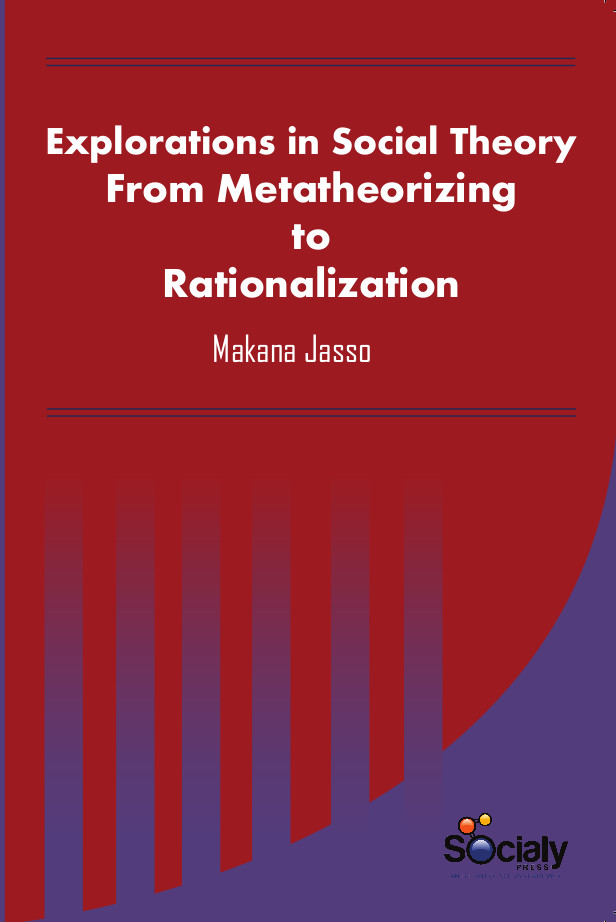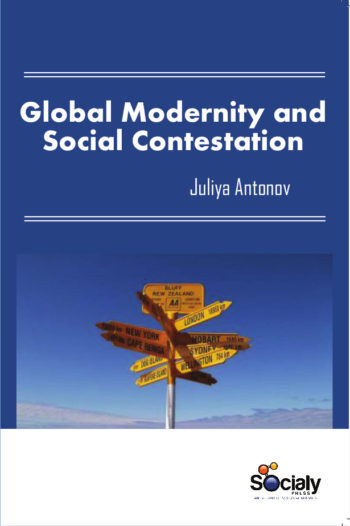Social theories are analytical frameworks or paradigms used to examine social phenomena. The term ‘social theory’ encompasses ideas about ‘how societies change and develop, about methods of explaining social behavior, about power and social structure, gender and ethnicity, modernity and ‘civilization’, revolutions and utopias’. In contemporary social theory, certain core themes take precedence over others, themes such as the nature of social life, the relationship between self and society, the structure of social institutions, the role and possibility of social transformation, as well as themes such as gender, race and class. Interaction between social theory and cultural criticism has also been very prominent in modern culture. In recent decades, renewed investigation of the mean- of ‘high culture’ and ‘popular culture’ in the context of consumer practices and new media technologies has led to a flourishing of academic subdivisions such as cultural studies, film studies, and media and communication studies. Many of the informing theories of these studies are discussed in this Book. Sociological theory is rather an abstract subject, this is not a course about the history of ideas! Rather, it is a critical introduction to the basic concepts and substantive theory of sociology, which focuses on the analysis of issues that are part of your everyday experience – social relations and how individuals interact with one another, the nature of ideas, culture and how institutions shape our lives.
Explorations in Social Theory: From Metatheorizing to Rationalization coverage ranges across a broad landscape, from prehistory to contemporary affairs, from treatments of individuals to nations to world culture, from discussions of theory to methodological critique. It raises interesting and pertinent questions about these and other areas. It examines theories and ideas in relation to one another and in relation to the context in which they emerged. It is specifically concerned with examining the development of sociological theory from its beginnings in the philosophy of the Enlightenment and its subsequent development in the work of Marx, Durkheim and Weber to modern sociological theory, including sociological functionalism, interactionism, contemporary Marxism(s), structuralism and post-structuralism, postmodernism and globalization. The Book will enable you to ask questions and raise issues about the nature of contemporary societies.













